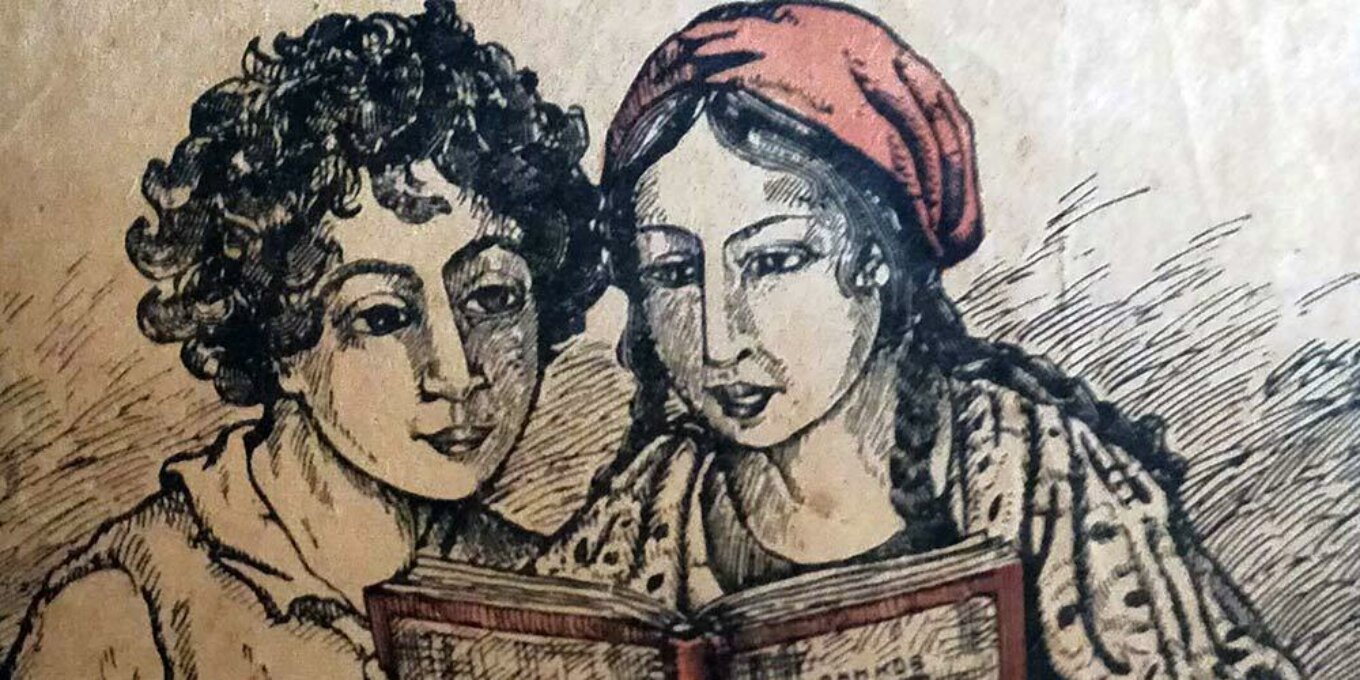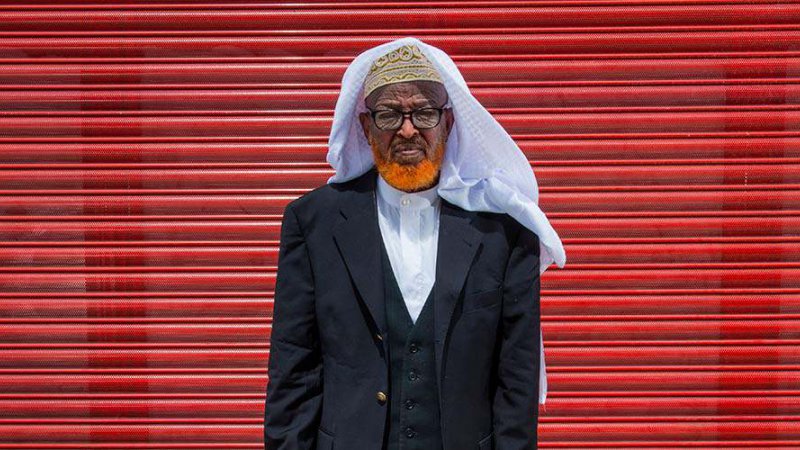Roma Futures: Pals & Chavs

There is an understanding in anthropology that people are defined by who they aren't as much as who they are.
Who are the Roma? They know we are gadze, people defined simply by not being Roma. So the first thing to know is that Roma aren't gadze. They call themselves Roma and they speak Romani.
In the late 18th century, a Hungarian theology student overheard labourers on his family's estate speaking a language he had learned from Sinhalese fellow students in the Netherlands. From here a long and convoluted debate ensued within European linguistics and ethnology. By the late 18th century, a case had been made for the origin of Romani, and thus the Roma people, somewhere in northern India. Later, more detailed linguistic analysis, in particular the absence of the neuter case, positioned Romani as a so-called New Indic language, placing Roma as leaving India sometime around the year 1000.
There are increasing calls from within India for the 'Children of India' to be officially recognised as part of the diaspora. Roma don't generally know this. The 'why' of the dispersal remains conjecture. Several accounts are proposed, but the journey of Roma from India, through Persia, Kurdish lands and into the Byzantine Empire, is evidenced in the language they speak.
Pushed by indentured poverty and exclusion, Roma have left Eastern Europe and settled in Sheffield
There are many other accounts of Roma, who they are and where they come from. When the first Roma arrived in Western Europe, after spreading west from Byzantium they appeared in the Great Courts of Europe bearing documentation. Glorious groups of Roma on horseback were led by men calling themselves The Earls of Lower Egypt, Counts of Egypt, Lords. They were accepted as such and given free passage through Scotland, France, Luxembourg and the German principalities, at times understood to be on a penance given to them by the Pope himself.
I've heard it said that Roma are a lost tribe of Israel. I've heard mention of Egypt, even to this day. These stories are also an answer to the question, 'who are Roma?', because you cannot know somebody simply by tracing their DNA. Otherwise they emerge as the objects of experimentation, when who we are is always the subject of myth as well.
And yes, the Roma are the Gypsies that came to Britain in Tudor times. The Roma who came as the Nobility of Lower Egypt, the 'Giptians. They survived laws that eventually forbade their existence, laws that sanctified their extermination. That too is who Roma are - a people who managed to hide. The lucky ones hid in holes dug in the forests during the Second World War.
The lucky ones hid in holes dug in the forests during the Second World War
And now a westward journey continues. Pushed by indentured poverty and exclusion, Roma have left Eastern Europe and settled in Sheffield. They miss their homes and return each summer. Here, they send their children to school. Live with the past. Know who they are. Learn where they are and how to live here, where they share space with people who speak other northern Indian languages, recognising phrases from Urdu, Punjabi, Mirpuri, Hindi. People who have the same jakha (eyes) and share a čhib (tongue), who like to eat maro (bread) and drink pani (water). A thousand years, 50 generations later, people seeing each other again.
There are educated Roma. That too is who Roma are - an educated people who have a voice in Brussels and at the United Nations. There are Roma academics, poets, musicians and politicians.
Roma are a great people. They gave us, right here, the word 'pal'. It means brother, phral. They also gave us the word 'chav'. It means Roma boy, chavo. Roma are all things. Brothers and sons. Sisters and daughters. Pals and chavs.
Roma Futures is a South Yorkshire-based organisation that brings together skilled and committed Roma to voice these lesser-known aspects of Roma life and culture, to speak truth to power where Roma voices are seldom heard. This October, Roma Futures has partnered with Off The Shelf Festival of Words to organise three events which start a long conversation with and amongst Roma about literacy, education and how these relate to being Roma.
If you would like to learn more, visit romafutures.org or contact us on admin@romafutures.org.
Tim Neal








